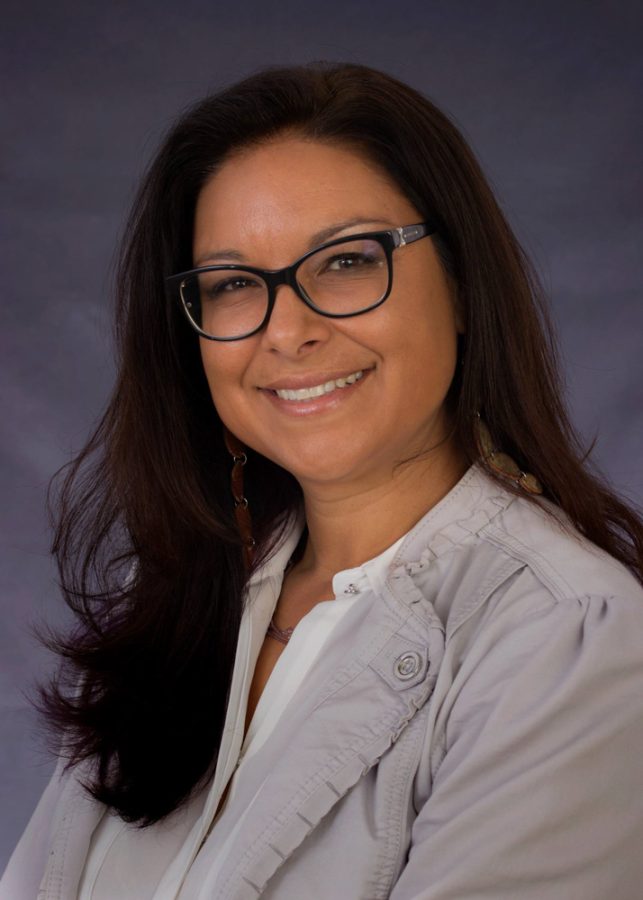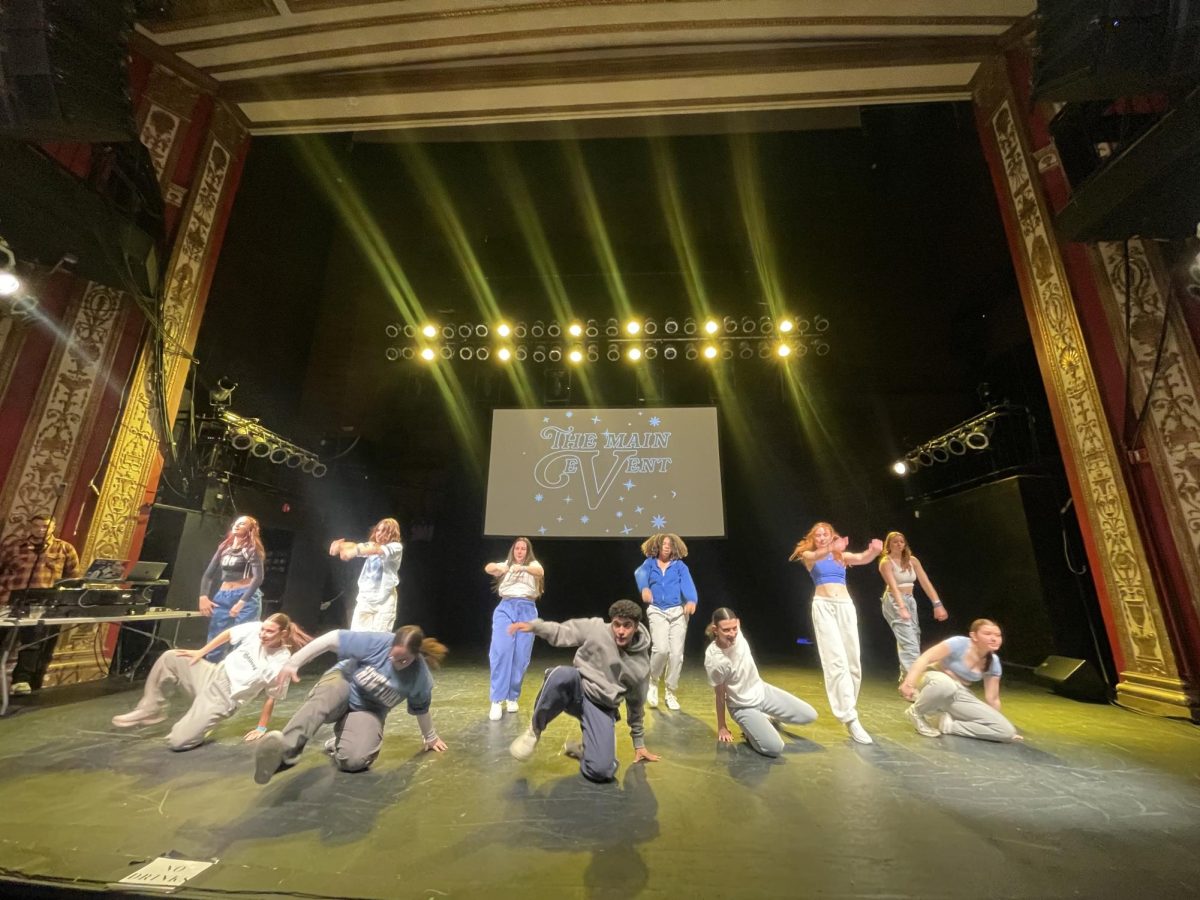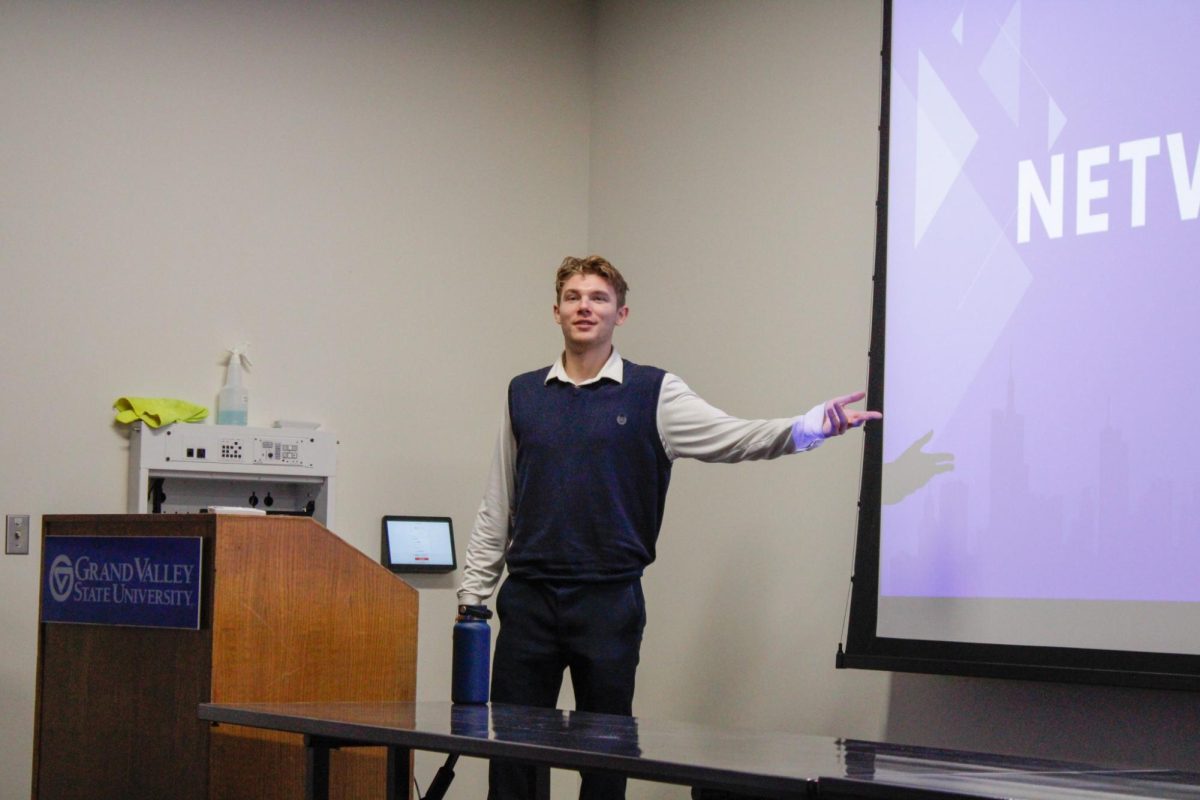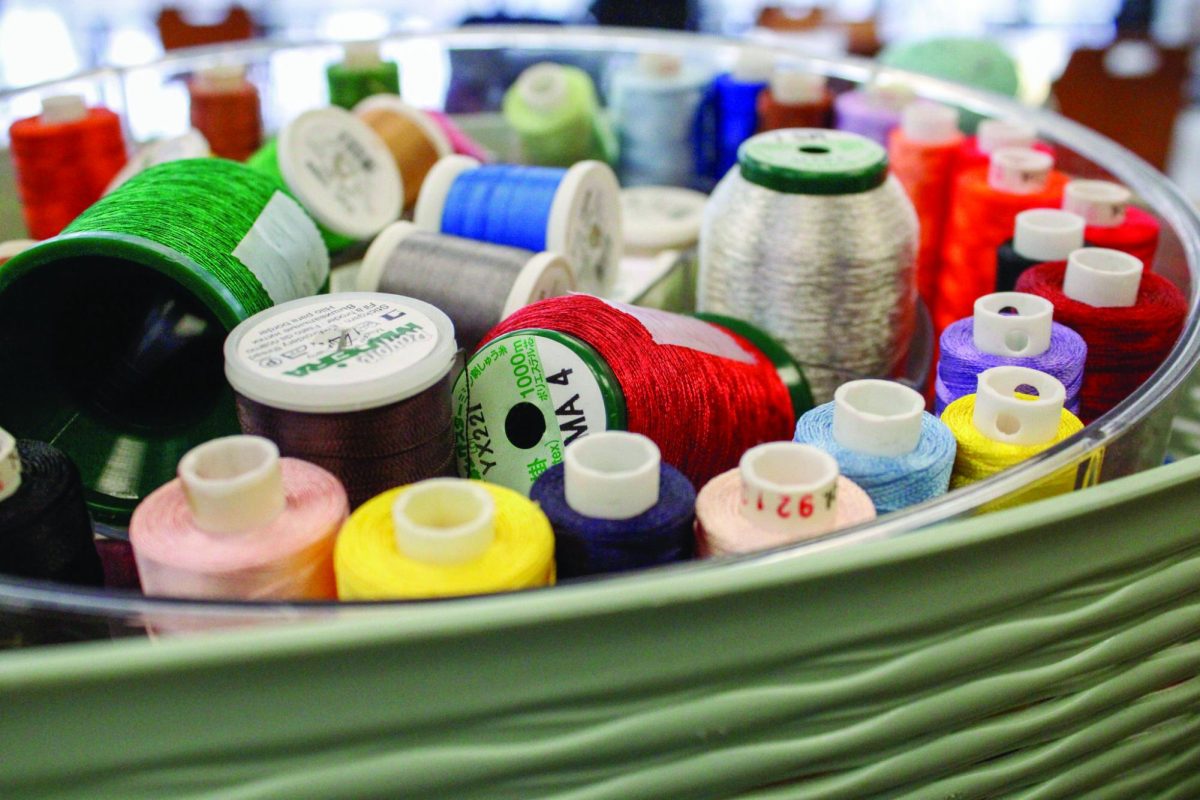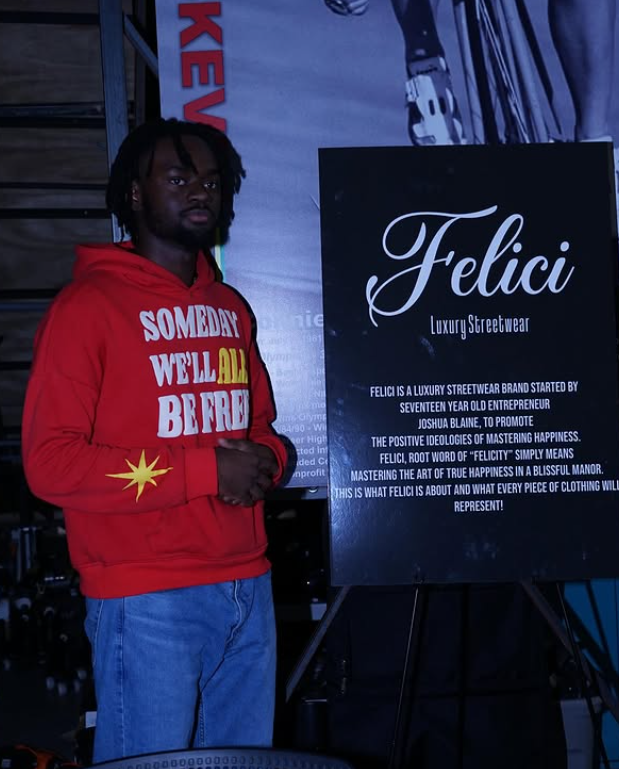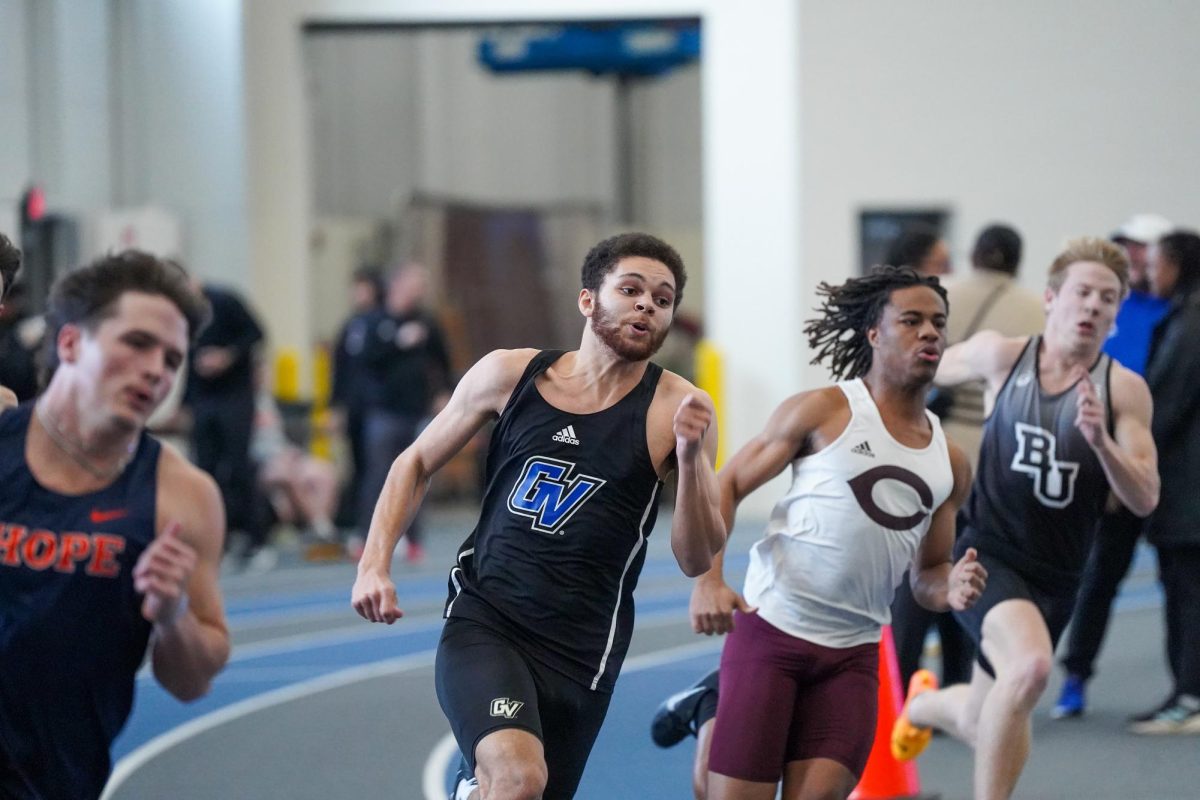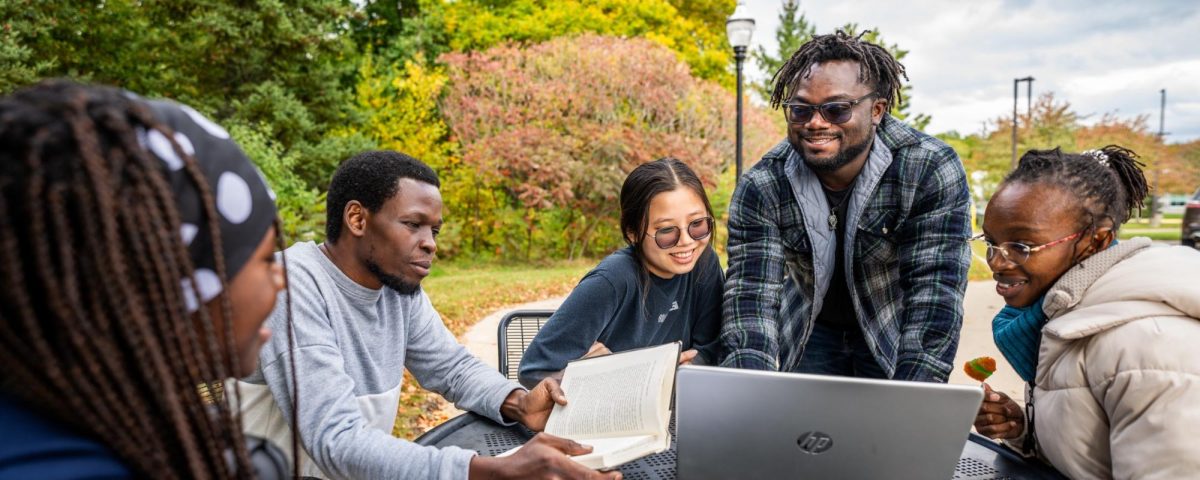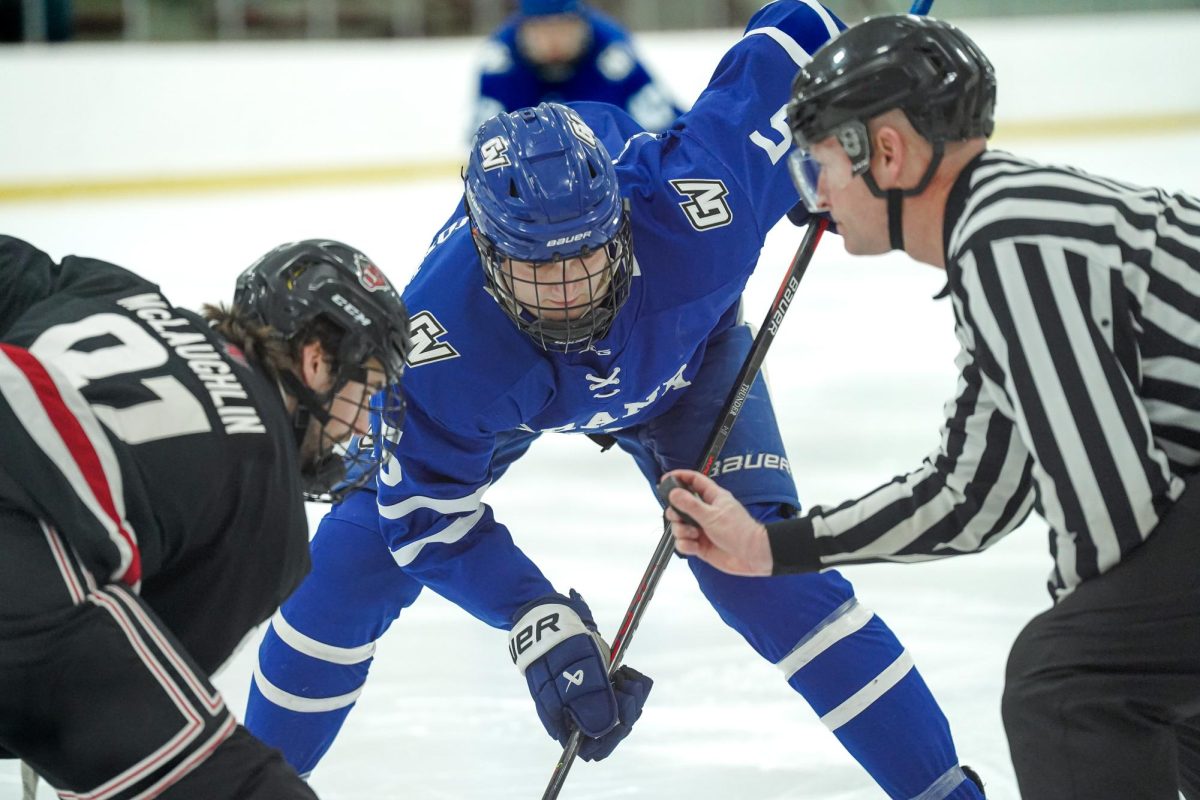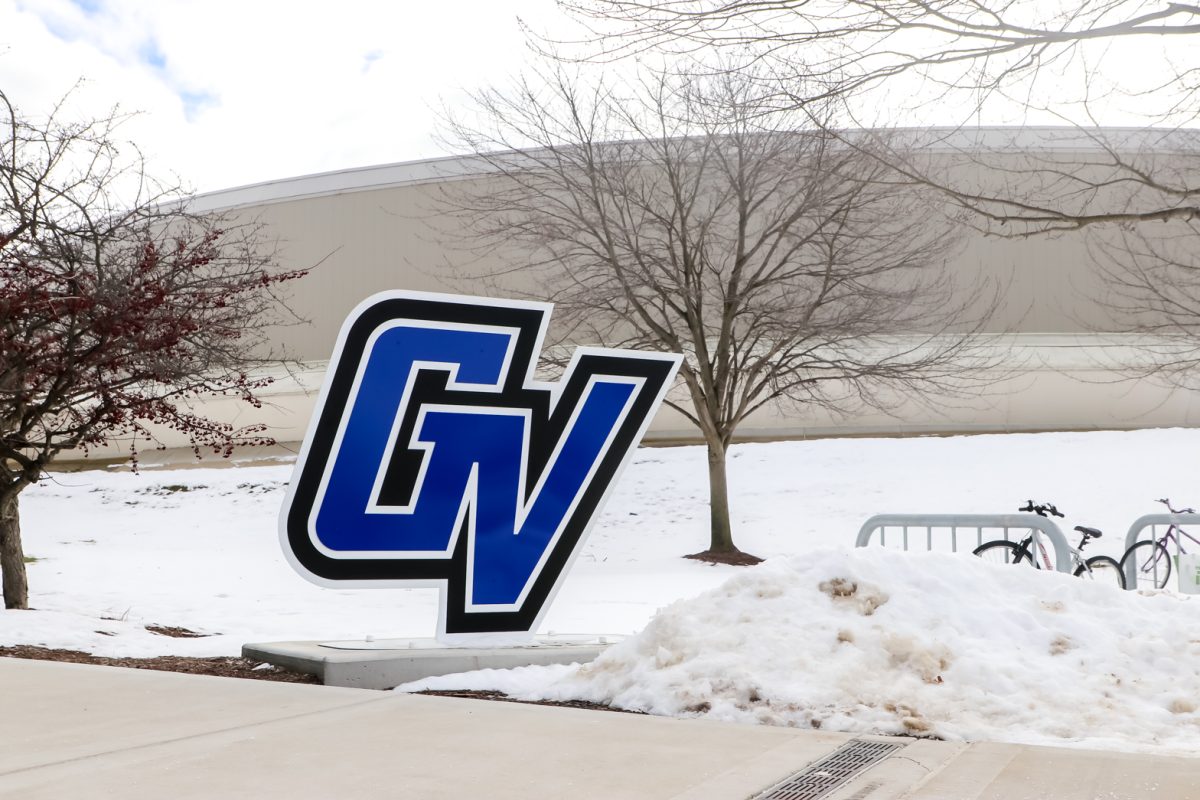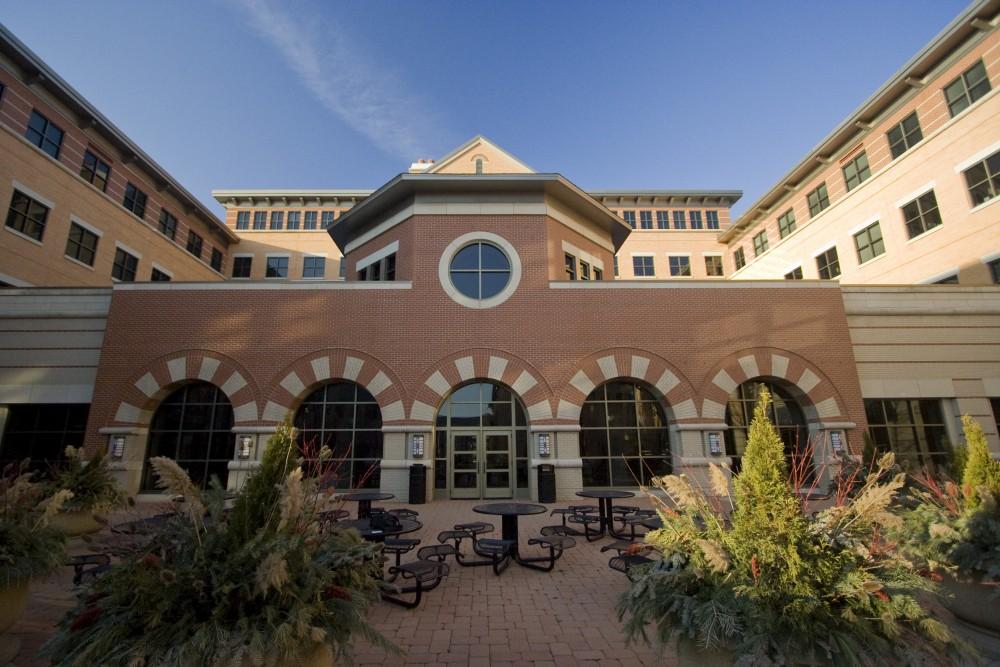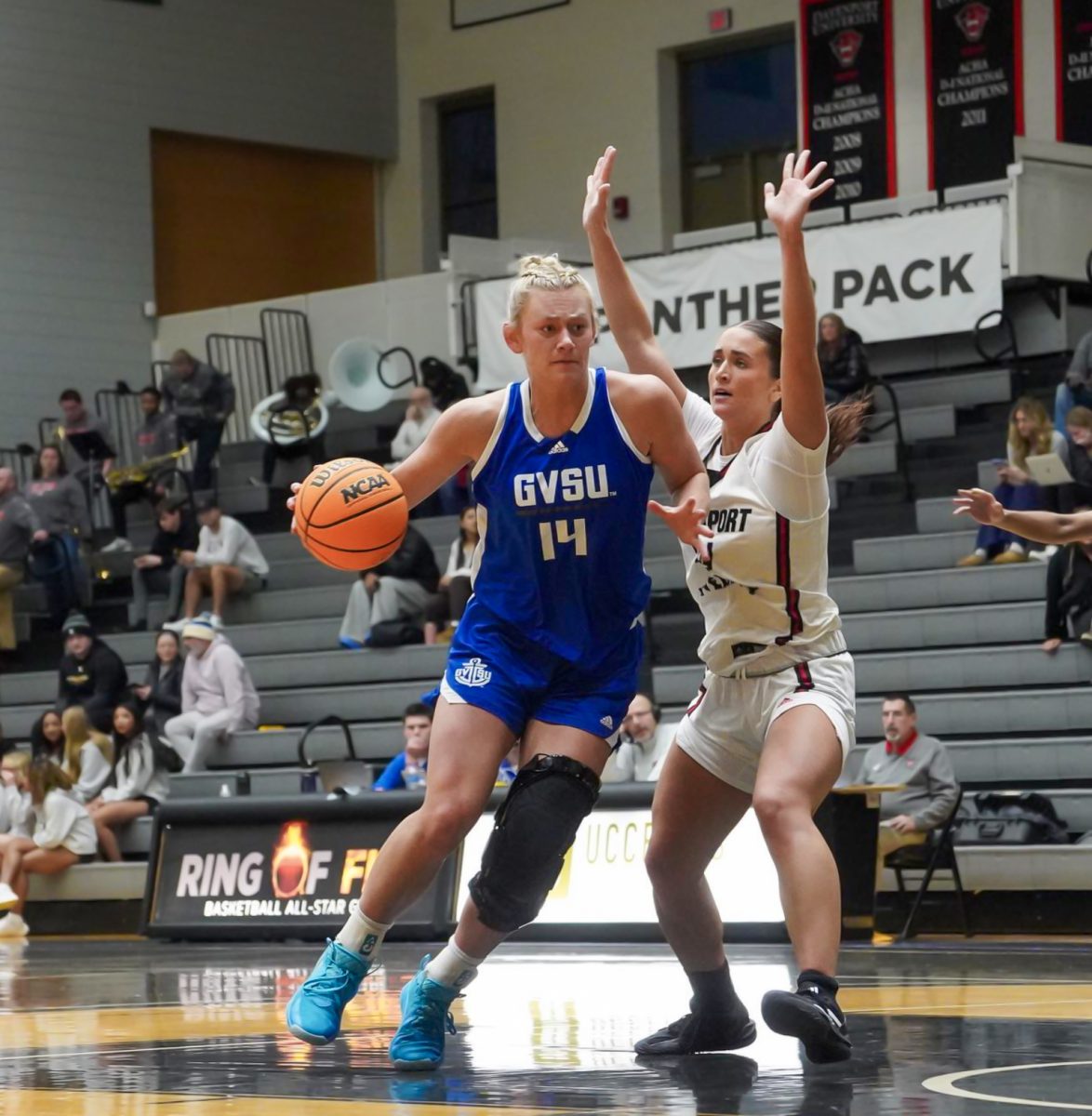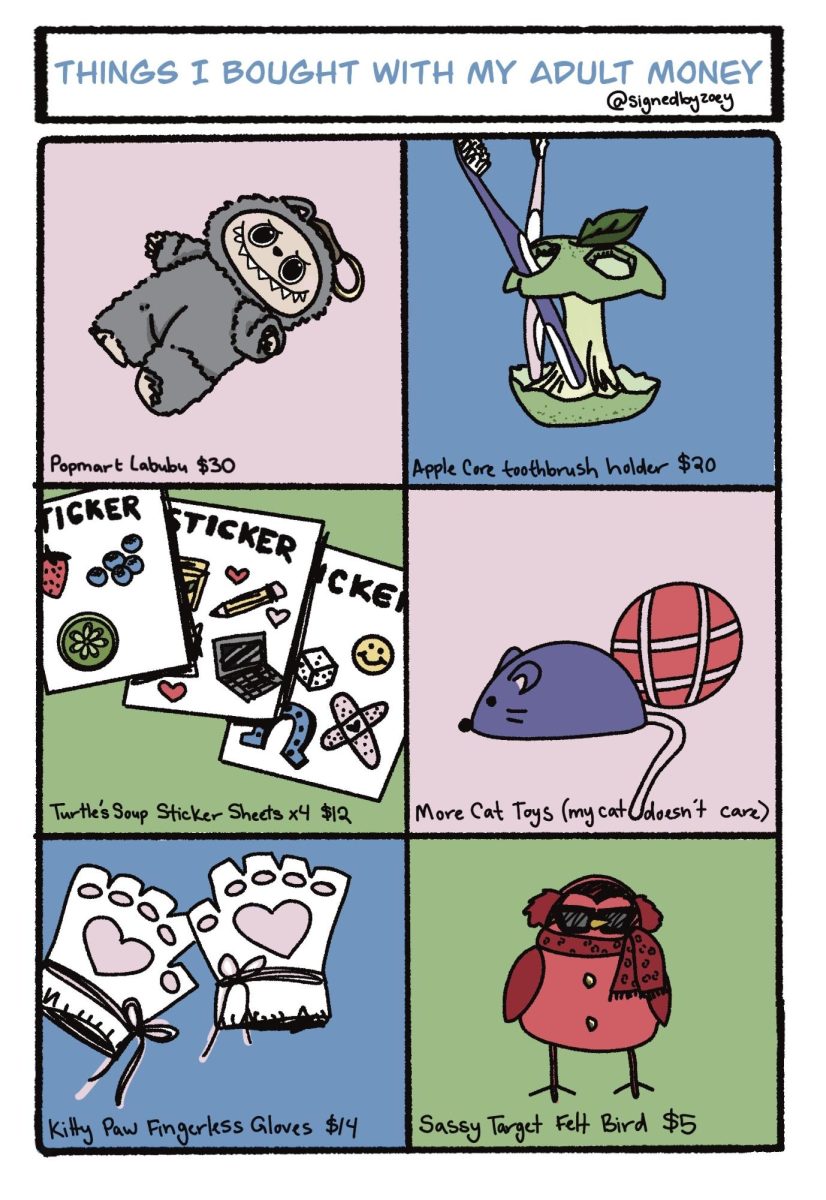Belinda Lin Bardwell and her support of GV’s Native community
Jan 10, 2022
Belinda Lin Bardwell, a member of the Little Traverse Bay Bands of Odawa Natives and program coordinator with the Office of Multicultural Affairs at Grand Valley State University since 2019, has spent her time on campus inspiring youth and young adults to embrace their heritage, and grow confident in who they are.
However, she endured many challenges to get to where she is today.
Bardwell started her journey in Grand Rapids Public Schools in the Native American Education Program in the early 2000s. Bardwell said she struggled, like so many other Native American students, to complete college while having to overcome the various common struggles of Native American students.
Some of these struggles include unconventional family dynamics, intergenerational trauma from boarding schools that abused and attempted to assimilate Indigenous students and the absence of Native American culture and history in school curriculum, Bardwell said.
In time, Bardwell obtained her bachelor’s and master’s degrees, and now uses her experiences to help students that are now in the position that she once was.
“I’m trying to be that person I didn’t have in all my attempts at finishing my degree and a big part of that is just having your own community on campus,” Bardwell said.
Bardwell has gone on to work with both Indigenous and Non-indigenous faculty and staff members, as well as Indigenous community members, in a group formally known as the Native American Advisory Council at GVSU. The Council’s momentum helped it to gain support from the Division of Inclusion and Equity, which contracted Bardwell to conduct research on how to best support the council at GVSU.
Bardwell said this work has fostered relationships and programs in which communities for Native American students could be built, and allowed Bardwell the opportunity to form the Mno’Chigewin Student Success Program.
The program began by supporting high school students on their journey to higher education and in 2017, launched the first Anishinaabe Summer Leadership Camp. During their first year, a Native American student in the camp committed to going to GVSU. Today, he is in his junior year at the university.
Bardwell hopes to reopen this program this summer.
“When students leave their home communities, they come to an all-white, colonial-style institution in which their innate ways of being are frowned upon,” Bardwell said. “I’m trying to offer cultural, spiritual and linguistic guidance to our students within the Native communities in Western Michigan.”
While acknowledging the copious academic resources offered by GVSU for academic challenges, Bardwell wants to bridge academic support and Native American students’ cultural identities.
“College is a place for all students to grow emotionally, intellectually, socially and environmentally and having culturally appropriate programming allows for a student of Indigenous background to grow in all of those aspects without having to struggle to seek guidance,” Bardwell said.
Bardwell said she sees hope in the slow but steady increase of Ph.D. educated Native American citizens on campus, as she believes this will advance inclusive curriculum. With the help of the Native American Advisory Council, Bardwell said GVSU can become a place of value for Indigenous students.
“There’s a lot of pressure on my colleagues and I to make these opportunities worthwhile because if the university does not see these resources as valuable, it can break our ability to build our relationships with Native communities,” Bardwell said. “I just want my students to be patient and to have faith that this will continue to grow. We have to give it time to build itself.”
Bardwell said one way she keeps the faith and momentum of her work alive is to instill confidence in the students she comes across.
“It took us 500 years to get where we are now and we’ve got a long way to go, but a foundational Anishinaabek teaching tells us to look at life through seven generations,” Bardwell said. “We’re taking care of our seven generations behind us and our seven generations in front of us. If we keep a wider lens on, we see progression in a positive way. Each generation is increasing their ability to cope, manage and thrive.”
Bardwell attributes her persistent motivation and drive to the youth in the Native communities. She said she holds that it’s the youth’s energy and drive that is needed for societal change.
Bardwell said she and her colleagues are putting together a number of social events on campus. This semester, Bardwell plans to host events in which students can gather, share a meal together and offer peer to peer support through conversation.
In Kirkhof Center on Feb. 17, the traditional knowledge speaker from the Pokagon Band, Jason Wesaw, will be giving foundational medicine wheel teachings and a talk on how to incorporate those teachings into one’s daily life.
On Feb. 22, Angeline Boulley, a member of the Sault Ste. Marie Chippewa tribe and author of “The Firekeeper’s Daughter,” is coming to GVSU to share her story with students.
On March 15, Dr. Suzanne Cross is coming to campus to talk about moving beyond boarding schools and the micro and macro aggressions that continue to develop over time.




